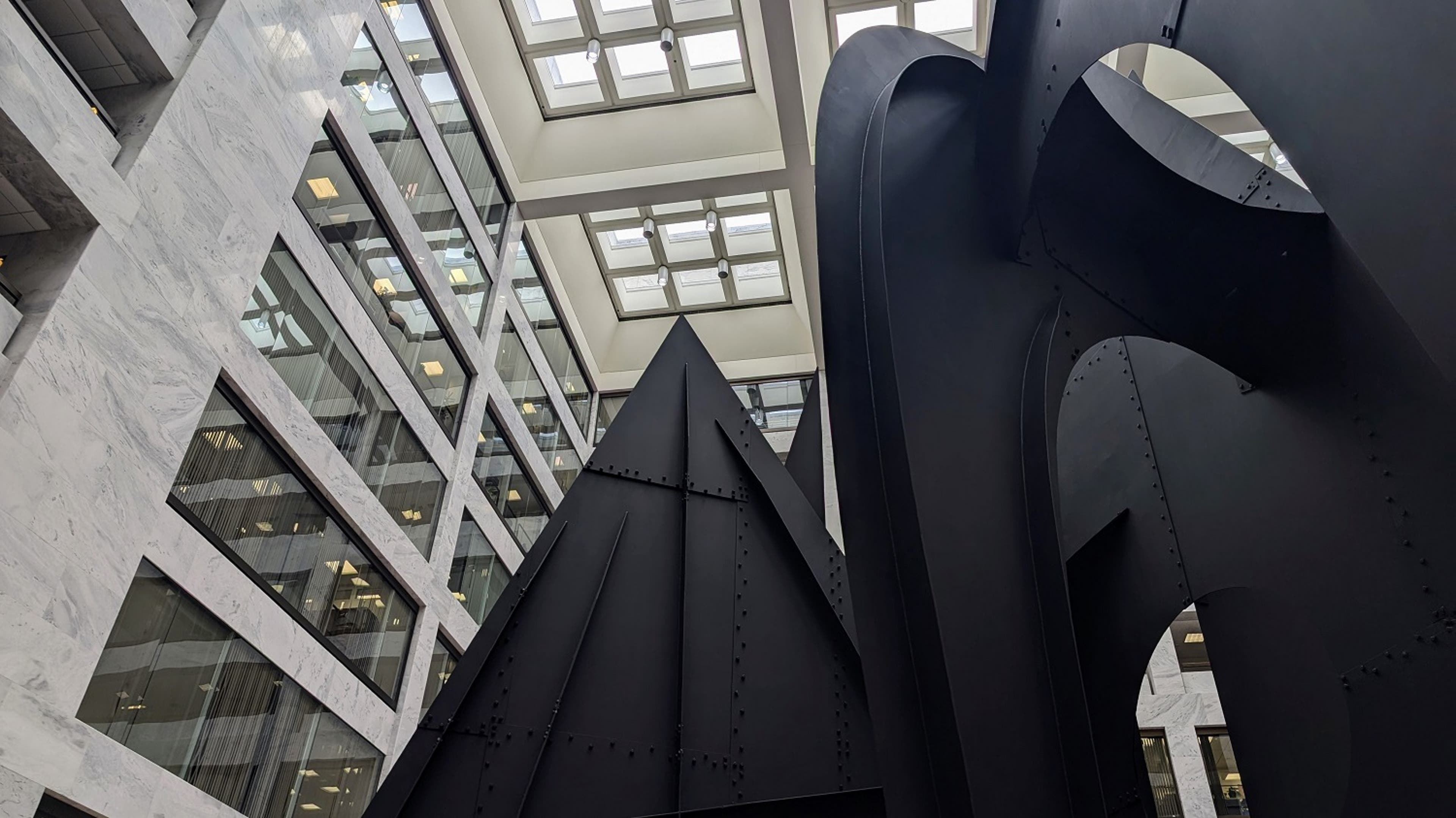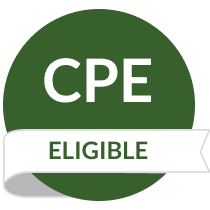Through the subtle alchemy of U.S. Senate parliamentary procedure, a new bill was born this week. The Kids Online Safety and Privacy Act is an alloy of two existing bills well known to the privacy community: the Kids Online Safety Act, S.1409, and the Children and Teens' Online Privacy Protection Act, S.1418 or COPPA 2.0. The Filter Bubble Transparency Act is also part of the package, having been attached to KOSA during the markup of the bill out of committee.
The master alchemist behind this newly minted bill is none other than Senate Majority Leader Chuck Schumer, D-N.Y.
When working with volatile materials like bills — and politicians — it is important to implement a finely tuned strategy. At every step in the path to passage, there are opportunities for lawmakers to amend, debate or otherwise derail legislation.
But this is not Schumer's first day in the top laboratory of democracy. The majority leader is ready to apply all the special tools of his trade to safeguard KOSPA's passage in the Senate and set it up for success in the House.
First, knowing his new bill was too unstable on its own, he used a message bill as a stabilizing agent. Messages are bills that have passed the Senate, been amended in the House and sent back to the Senate. These days the Senate majority leader collects such legislative vehicles like philosopher's stones, keeping them on hand to help catalyze the passage of priority legislation.
Although both KOSA and COPPA 2.0 passed out of the Senate Commerce Committee last summer and were therefore eligible to be brought to the floor, doing so in another manner would have created an opportunity for unlimited floor debate, raising the dreaded specter of the filibuster.
Instead, messages are privileged. Unlike normal bills, the motion to bring them to the floor is nondebatable and requires only a simple majority of senators to approve the beginning of the process. In this case, Schumer made use of S.2073, the Eliminate Useless Reports Act of 2024 — honestly, not a bill I had heard of before. He offered a full replacement of the bill, known as an amendment in the nature of a substitute, which kept the original bill as Title III while affixing KOSA and COPPA 2.0 as Titles I and II, respectively.
Kicking off this process on Tuesday, Schumer described the youth safety and privacy bills as "resoundingly bipartisan." This is remarkably true. KOSA has at least 68 co-sponsors while COPPA 2.0 has significant bipartisan support, including from both top-ranking members of the Commerce Committee, Maria Cantwell, D-Wash., and Ted Cruz, R-Texas.
Nevertheless, the bills are not without their detractors. Dozens of civil society organizations remain opposed to KOSA and have continued to voice their concerns about the law being used as a vehicle for censorship and enabling the invasion of teens' privacy by their parents. For these reasons, and despite what he acknowledged have been "constructive" improvements on the KOSA text, Sen. Ron Wyden, D-Ore., announced he was still unable to vote for the bill.
But the alchemist carries on. Schumer's next chosen device is known as cloture, sort of a pressure cooker for legislation. If two-thirds of the Senate agrees to invoke cloture, a closely controlled process begins that shuts down debate and allows only amendments that are germane to the legislation under consideration. Without cloture, the process of floor debate is messy, allowing for filibusters and irrelevant amendments.
Yesterday, the Senate invoked cloture on Schumer's amended bill and began the shot-clock on passing KOSPA, in a vote of 86 to 1. Sen. Rand Paul, R-Ky., was the sole nay vote. In a lengthy speech, he called for senators to reconsider KOSA, which he described as a "Pandora's box of unintended consequences." Paul attempted to offer his own major amendment, which was immediately blocked by Sen. Blumenthal, D-Conn., one of the bill's primary authors, who rebutted Paul's substantive concerns while beseeching his colleague simply to "read the bill."
Now that cloture has been successfully invoked, the special pressure cooker rules are in effect. The timer for considering the bill is set to 30 hours. This includes debate time as well as any other business the Senate may turn to. Each senator may only debate the bill for up to one hour, though of course not everyone can speak for an hour within a 30-hour period, so if the 30-hours is exhausted anyone who has not yet had an opportunity to speak can ask for a 10-minute period.
Special amendment rules also apply. Any proposed amendments must have already been filed before yesterday's cloture vote. When cloture was invoked, the presiding officer immediately kicked out any pending amendment to the bill that was not determined to be "germane."
As he continues the delicate process of legislative distillation, Schumer's next special tool is called an "amendment tree." Wielding the complex rules about the number and types of amendments that are allowed, Schumer worked to tightly control the amendments that would be considered under cloture. If senators filed amendments to KOSPA that he wished to preserve, he filed numerous ministerial secondary amendments to fill up the tree and keep other senators from substantively amending each other's amendments.
Even so, there are at least 29 proposed amendments for consideration remaining. Each will be subject to a vote next week before the shot clock ends and the final bill is put to a vote. Some are tweaks, such as the amendment from Wyden that would explicitly preserve teens' use of privacy-enhancing technologies like encrypted communications. Or the amendment from Sen. Daniel Sullivan, R-Alaska., that would require "public service advertising reporting" from digital advertising platforms.
Other amendments under consideration are entire substitutes for the bill, like the amendment proposed by Sen. Mike Lee, R-Utah and Sen. John Thune, R-S.D. And still more would add additional bills to the final package, such as Cruz’s TAKE IT DOWN Act, which would ban certain types of deepfakes, and Sen. Brian Schatz’s, D-Hawaii, Kids Off Social Media Act. Notably missing from the package of amendments are those bills from the Judiciary Committee that have been focused on kids' safety, including the EARN IT Act and the STOP CSAM Act.
Though it is hard to say with any clarity what will become of these amendments, it is highly likely some version of KOSPA will pass out of the Senate next week.
What happens after that requires more than simple alchemy to predict. The U.S. House of Representatives has closed its doors a week early and will not convene again until 9 Sept. At that time, it can reconsider the highly amended bill that will be returned to it.
Earlier this week, House Speaker Mike Johnson, R-La., said he is "looking forward to reviewing the details of the legislation that comes out of the Senate" and is "committed to working to build consensus in the House."
But the House will be working with very limited time when it reconvenes. Funding the government and other high-priority concerns are likely to take precedence over tech policy proposals. We may not know until very late in the term whether KOSPA has a chance to be transmuted from a bill into law.
Please send feedback, updates and alchemical recipes to cobun@iapp.org.
Cobun Zweifel-Keegan, CIPP/US, CIPM, is the managing director for Washington, D.C., at the IAPP.

